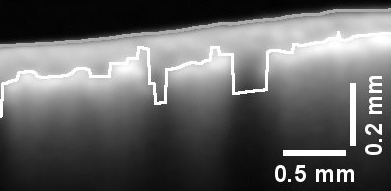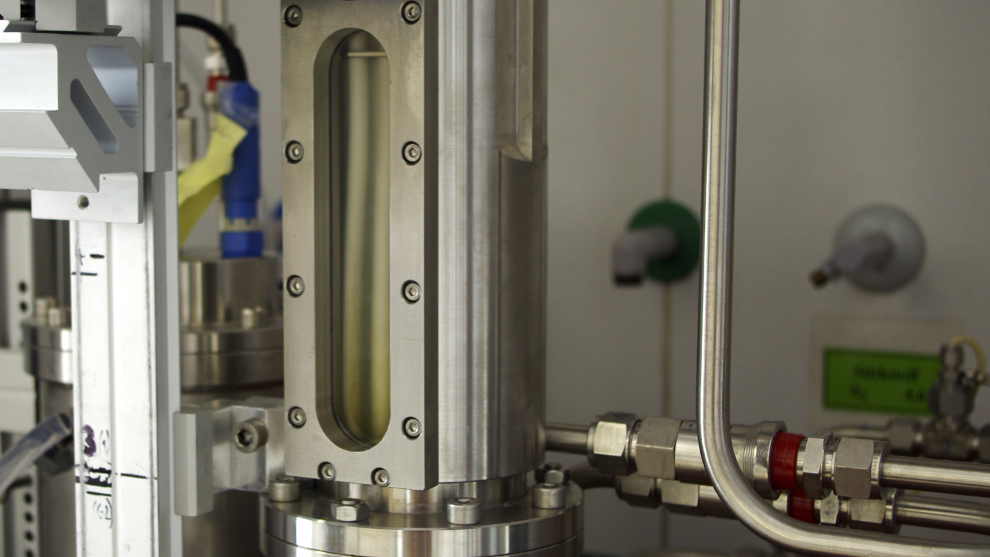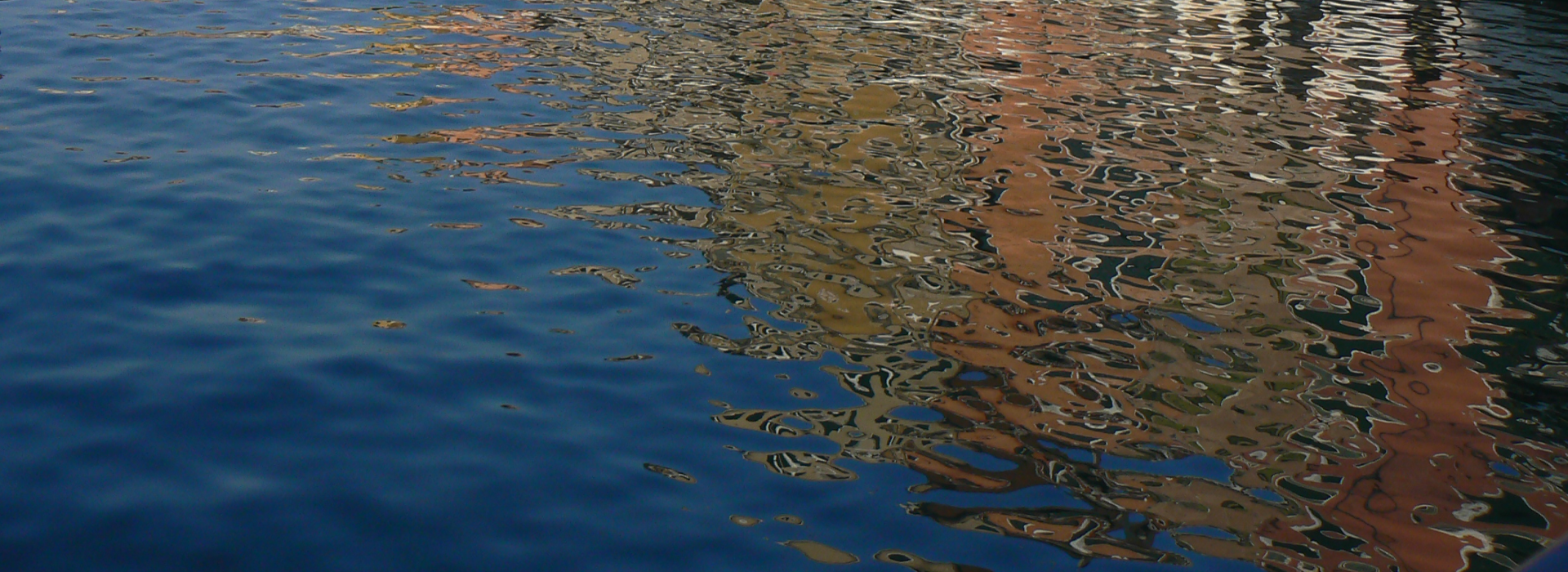Welcome

At the final conference of the H2Mare flagship project on September 29th in Warnemünde, Florencia Saravia gave a presentation on water management in offshore hydrogen and e-fuel production. She clearly demonstrated that throughout the entire process chain - from the supply of ultrapure water (and cooling water) for hydrogen electrolysis to the treatment of various wastewater streams from PtX processes - significant process engineering efforts are required. Her talk highlighted that water management is a central component of the hydrogen strategy both onshore and offshore.
H2Mare @ BMFTR
Before this year's summer party on July 15th, the Water Chemistry and Water Technology research group at the Engler-Bunte-Institut visited the BBBank Wildpark (soccer stadium of the Karlsruher SC). The staff had the opportunity to tour the pitch, the inner parts of stadium as well as VIP boxes. Finally, we were allowed to take the seats of coaches and players in the press room.

Wetting of porous hydrophobic membranes is a problem in membrane distillation as well as in membrane biofilm reactors. Doctoral student Nurul Himma has now, for the first time, succeeded in visualizing and quantifying this ‘wetting’ using optical coherence tomography (OCT). This can help to better understand the causes in future applications.

Andrea Hille-Reichel's working group is involved in a project in the Baden-Württemberg state funding programme "Microorganisms as helpers in climate protection". The researchers want to use membrane biofilm reactors to produce chemicals from carbon dioxide and green hydrogen, with a focus on the scalability of the processes.
more